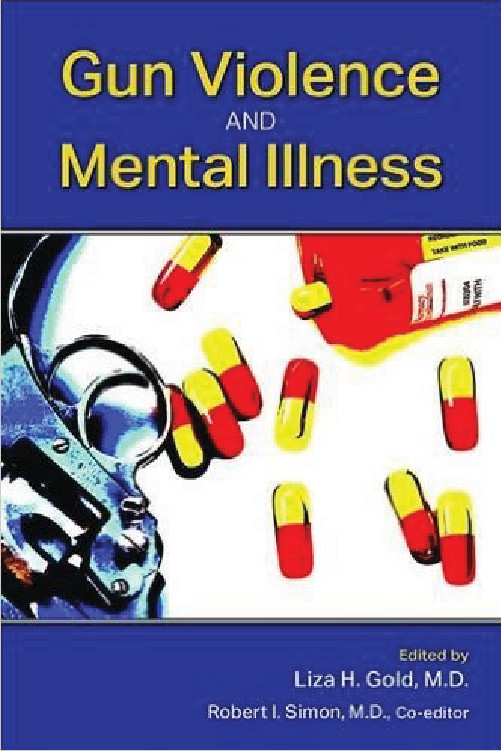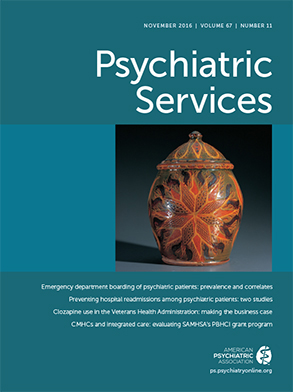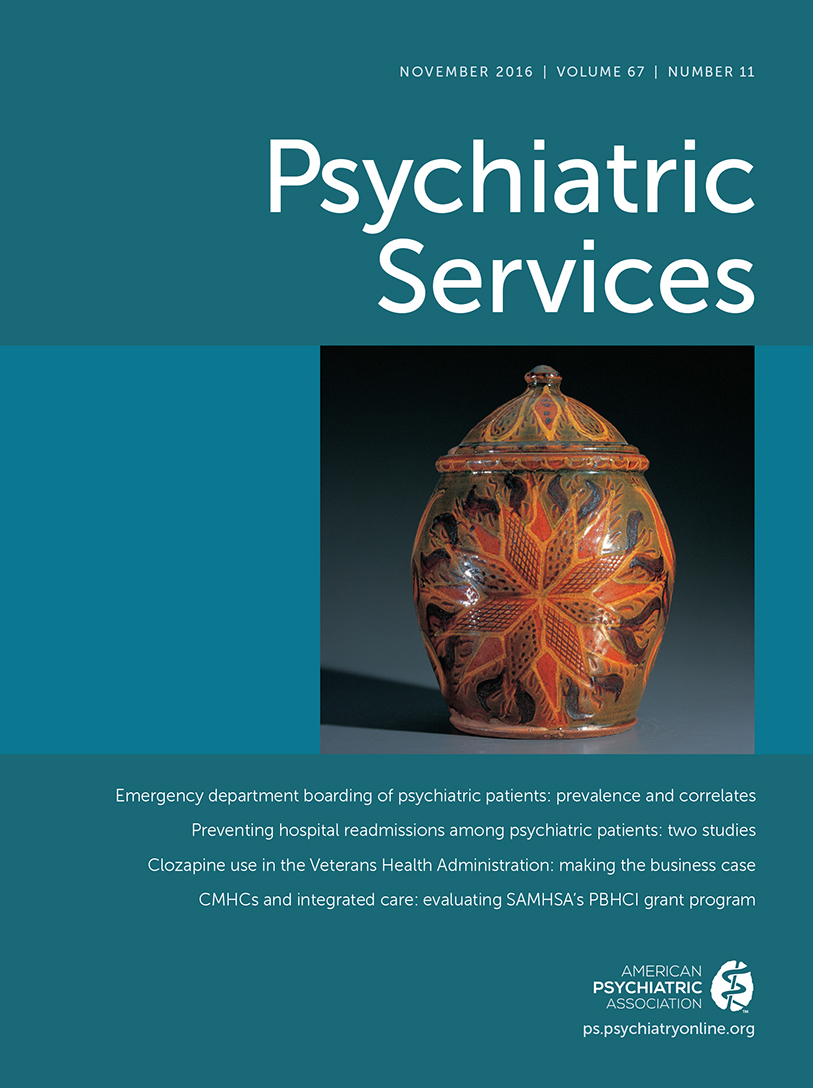Every violent death is tragic, yet no events elicit as much fear, outrage, and sense of loss in our hearts as mass shootings do. These events are senseless, random, and often incomprehensible. How can people act in such ways? These raw emotions, compounded by the stigmatizing belief that persons with serious mental illness are inherently unstable, violent, and dangerous, lead to the perpetuation of myths and misconceptions that have propelled legislative efforts that target individuals with serious mental illness. These initiatives further marginalize one of the most vulnerable populations in our society despite research data that consistently demonstrate that only a tiny fraction (1%) of gun violence against strangers is committed by individuals with mental illness.
In Gun Violence and Mental Illness, a multiauthored comprehensive review, editors Dr. Gold and Dr. Simon examine gun violence, mental illness, and the numerous ways these topics intersect in our society, and the editors do so with depth and clarity and without political or personal bias. The content of this excellent volume is divided into two parts: part 1 explores gun violence and mental health as complex and significant public health threats. Gun violence consistently ranks high in leading causes of death in the United States, whether the deaths are intentional or accidental. Approximately 60% of fatalities caused by firearms are suicides, 33% are homicides, and a small percentage result from accidents. Similarly, mental illness is a major public health issue because, in any given year, up to 20% of the U.S. population may experience a diagnosable mental illness. However, epidemiologically speaking, gun violence and mental illness do not intersect significantly. Most individuals with a serious mental illness—depression, schizophrenia, or bipolar disorder—are never violent, and they are much more likely to be the victims than the perpetrators of violence. Furthermore, the very small subgroup of individuals with mental illness who act violently toward others rarely use firearms.
On the other hand, suicides are significantly associated with mental illness, and over 50% of suicides in the United States are committed with a firearm. More striking is the fact that the highest suicide rates are found in areas where gun ownership is more prevalent. Despite the everlasting horror that mass shootings leave in our minds, they remain exceedingly rare events from a public health perspective, and individuals with serious mental illness account for a small fraction of this subgroup of individuals. Thus policies targeting individuals with mental illness will be extremely “low yield” in preventing mass shootings.
Part 2 of this volume creates a roadmap for moving forward with evidence-based interventions to deal with gun violence. One area where most Americans are in agreement is the need to reduce suicide mortality, and the two interventions that have been demonstrated to be effective are, first, physician education and training in suicide risk assessment and, second, restriction of access to lethal methods. Because firearms are much more lethal than any other methods of suicide, it is not surprising that states with specific firearm storage and removal plans have lower suicide rates. Even though discussions regarding gun policies can be polarizing, evidence shows that when the discussion moves beyond just pro- or anti-gun debates, effective policies can come in many different forms.
Overall, Dr. Gold, Dr. Simon, and all contributors have created a body of work that is objective, nonpolarizing, and nonpolitical but not dispassionate regarding an incredibly divisive and emotional topic. The structure of the book allows readers with various interests and backgrounds to focus on specific chapters. Some of the suggested interventions are vague and not particularly actionable, although these mostly reflect the complex nature of topics discussed, rather than lack of thought and effort by the authors. This book is a must read for all mental health professionals and general practitioners. This book is recommended for public health officials, advocates, and researchers. Gun violence and mental health are important topics that require interventions on a population level. Finally, readers will benefit from understanding the scientific evidence that disputes many commonly held misconceptions toward gun violence and individuals with mental illness.


